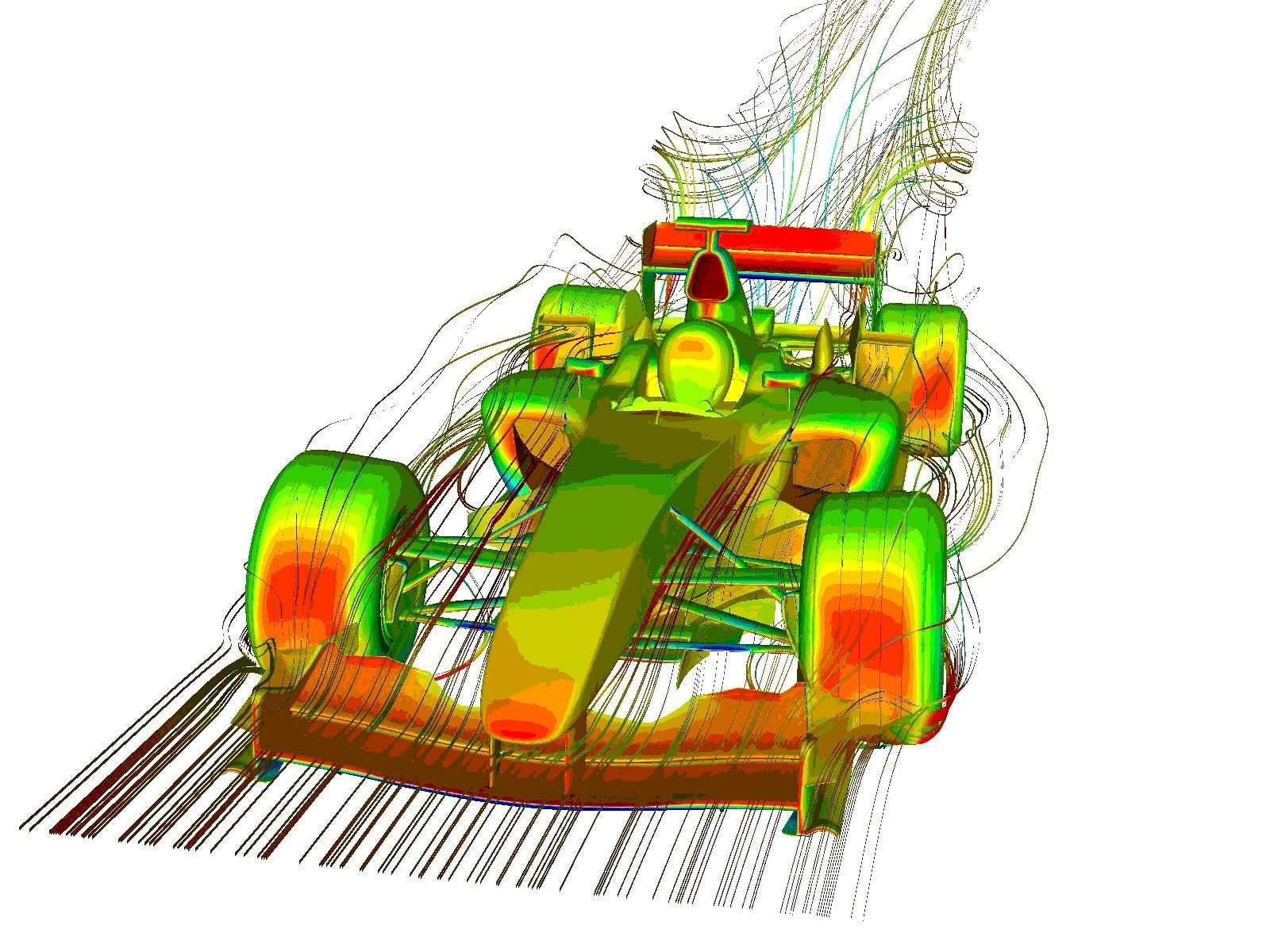.svg)
.svg)

Ansys provides comprehensive simulation solutions that help auto companies to effectively address these challenges and achieve engineering goals
For Mechanical and Automobile Engineers
Course Type :
₹ 17866
Topic 1 | INTRODUCTION TO CFD
Session 1 | INTRODUCTION TO CFD
Topic 2 | SOFTWARE PRELIMINARIES
Topic 2 | SOFTWARE PRELIMINARIES
Topic 3 | FLOW MIX AND HEAT TRANSFER
Topic 3 | FLOW MIX AND HEAT TRANSFER
Topic 4 | TRANSONIC FLOW
Topic 4 | TRANSONIC FLOW
Topic 5 | MODELING MULTI SPECIES FLOW
Topic 5 | MODELING MULTI SPECIES FLOW
Topic 6 | TURBULENCE MODEL
Topic 6 | TURBULENCE MODEL
Topic 7 | MODELING PERIODIC HEAT FLOW
Topic 7 | MODELING PERIODIC HEAT FLOW
Topic 8 | RADIATION AND CONVECTION
Topic 8 | RADIATION AND CONVECTION
Topic 9 | TURBULENT FLOW IN HEAT EXCHANGER
Topic 9 | TURBULENT FLOW IN HEAT EXCHANGER
Topic 10 | SIPHONING USING MULTIPHASE
Topic 10 | SIPHONING USING MULTIPHASE
Course Description
ANSYS Fluent is a powerful computational fluid dynamics (CFD) software for optimizing product’s performance. Its broad physical modeling capabilities help model flow, turbulence, and heat transfer. Also, this tool models reaction for industrial applications such as airflow over an aircraft and automobile body, combustion in a furnace, oil flow, airflow over semiconductor systems, and much more. With ANSYS Fluent you have access to several fluid flow physics model, which help analyze your product with precision.
Course objectives
This course will assist students and professionals to understand the theory behind engineering simulation solvers, which will help critically evaluate and analyze the final results. This knowledge of input values and result analysis will enhance productivity and performance. Overall, through this course, students will acquire expertise in the CFD analysis using ANSYS Fluent.
Roles in industry
Course Highlights
Copyright © 2025 ABCTrainings - All rights reserved